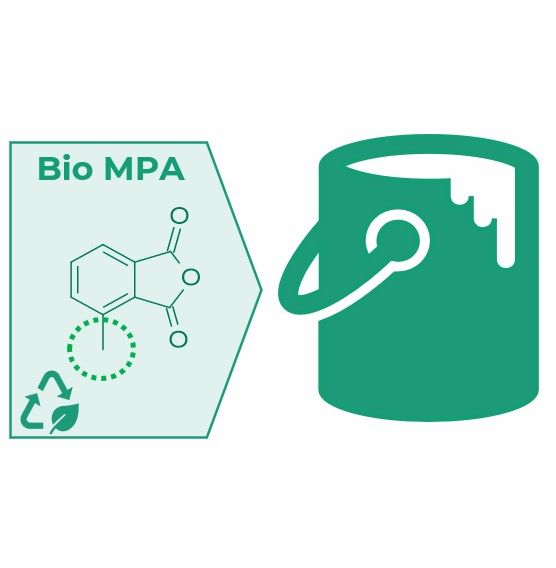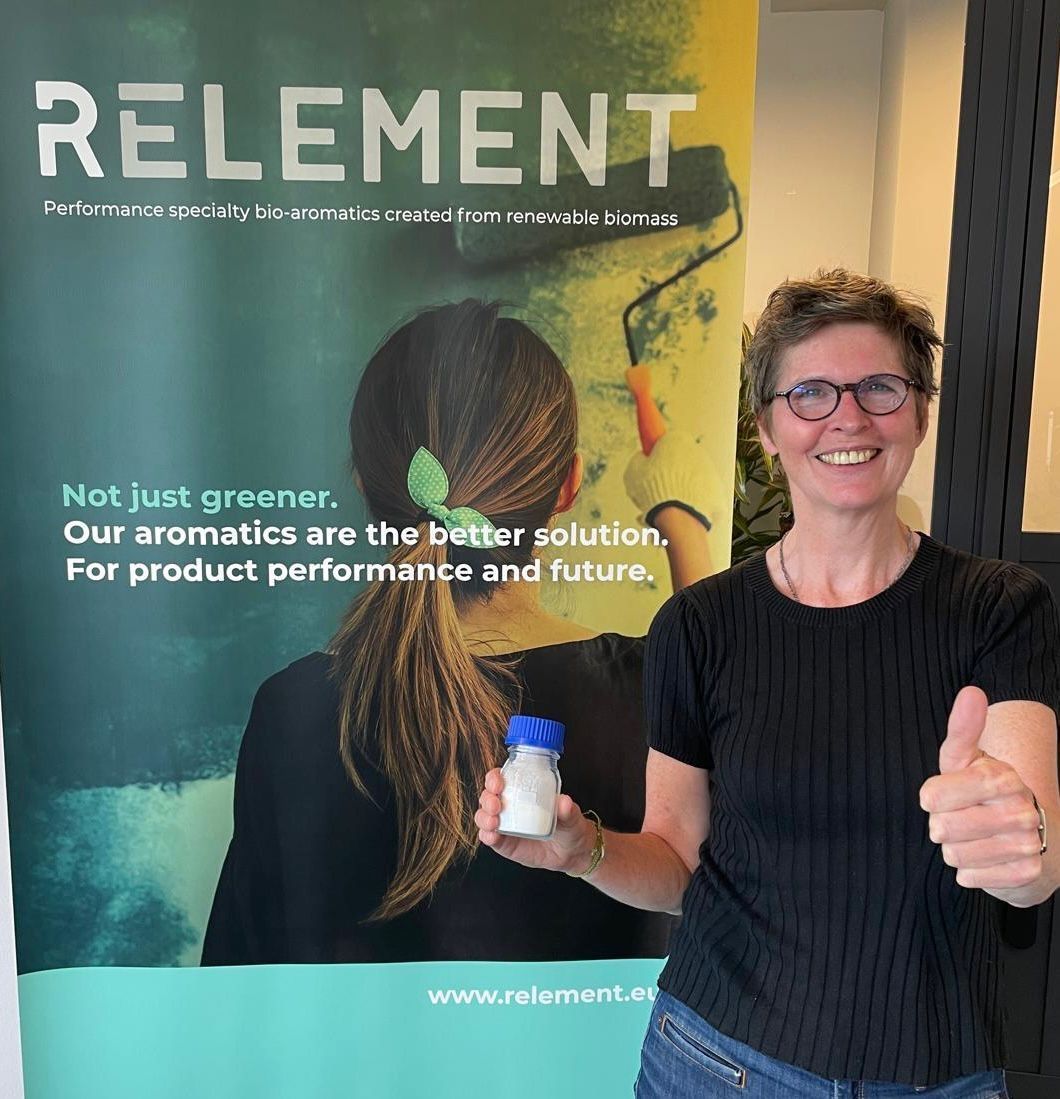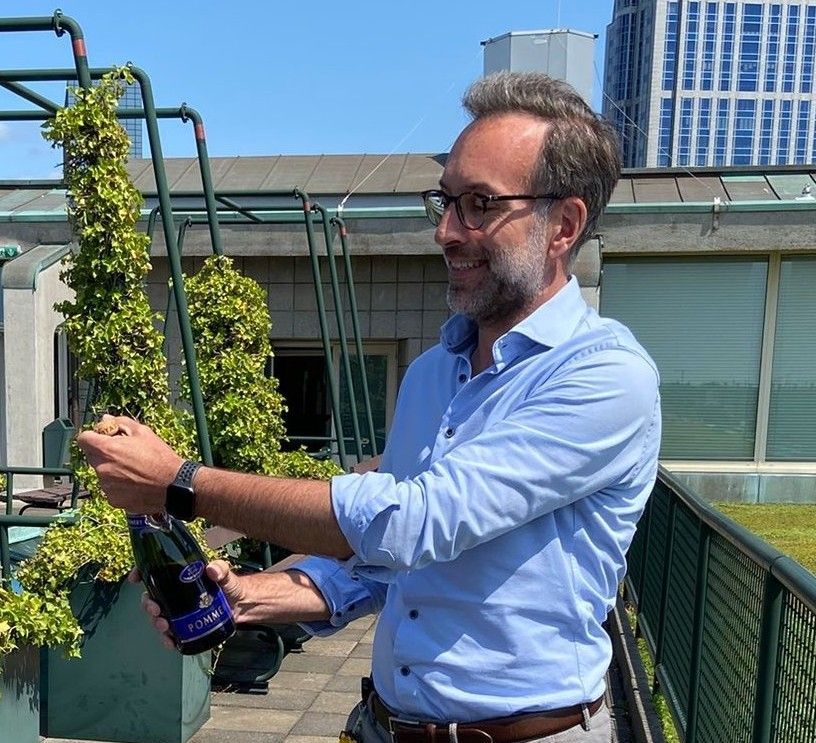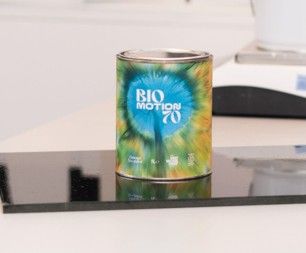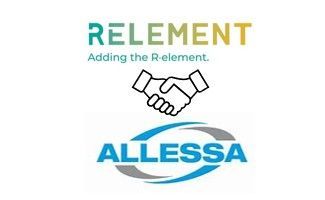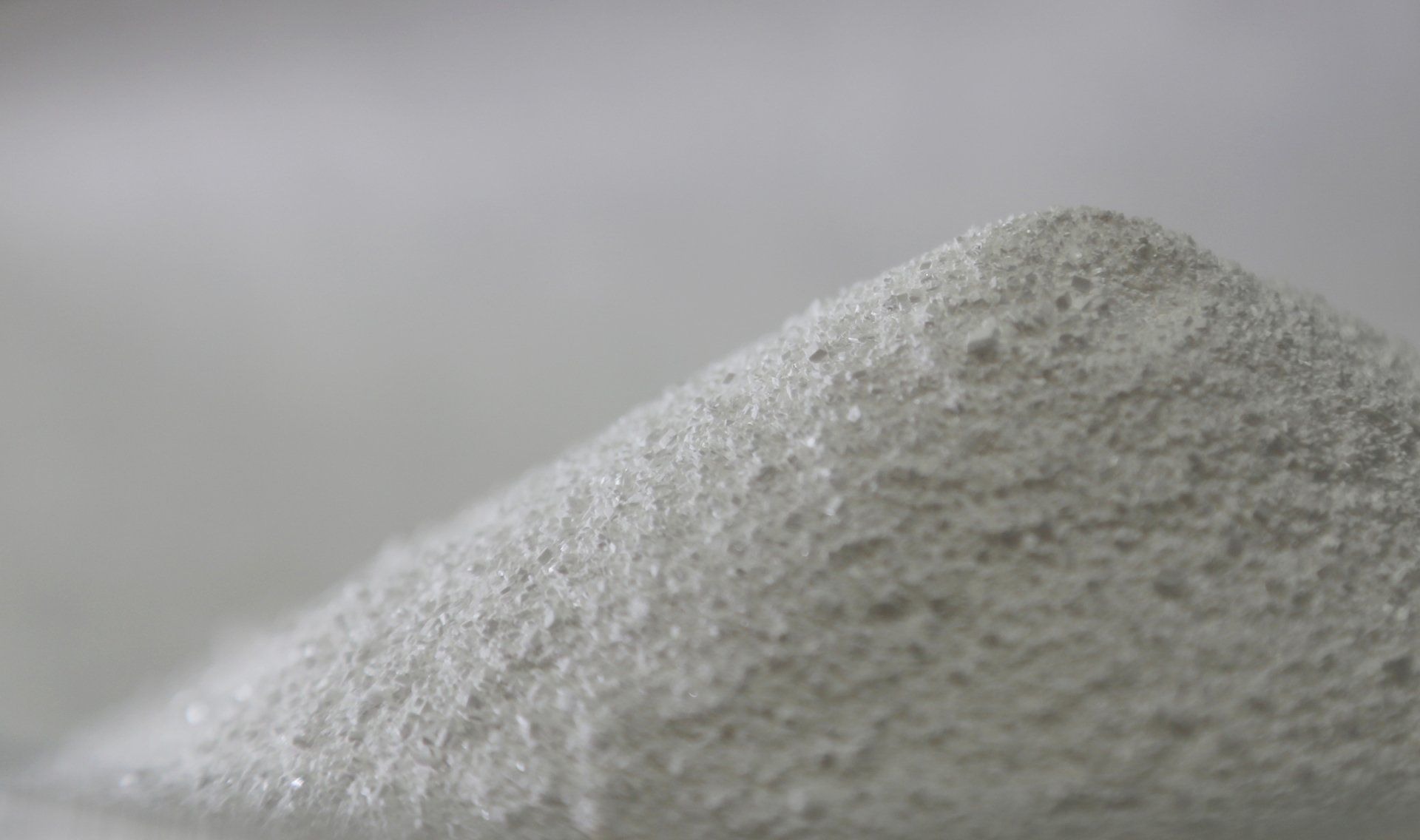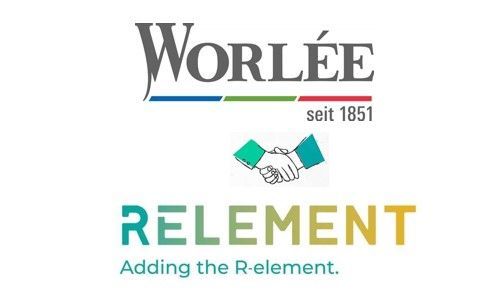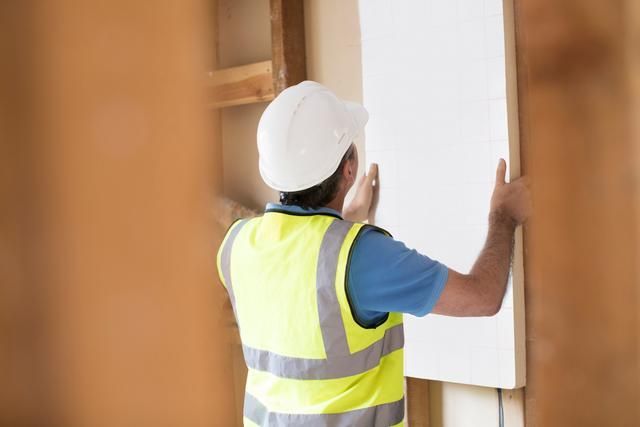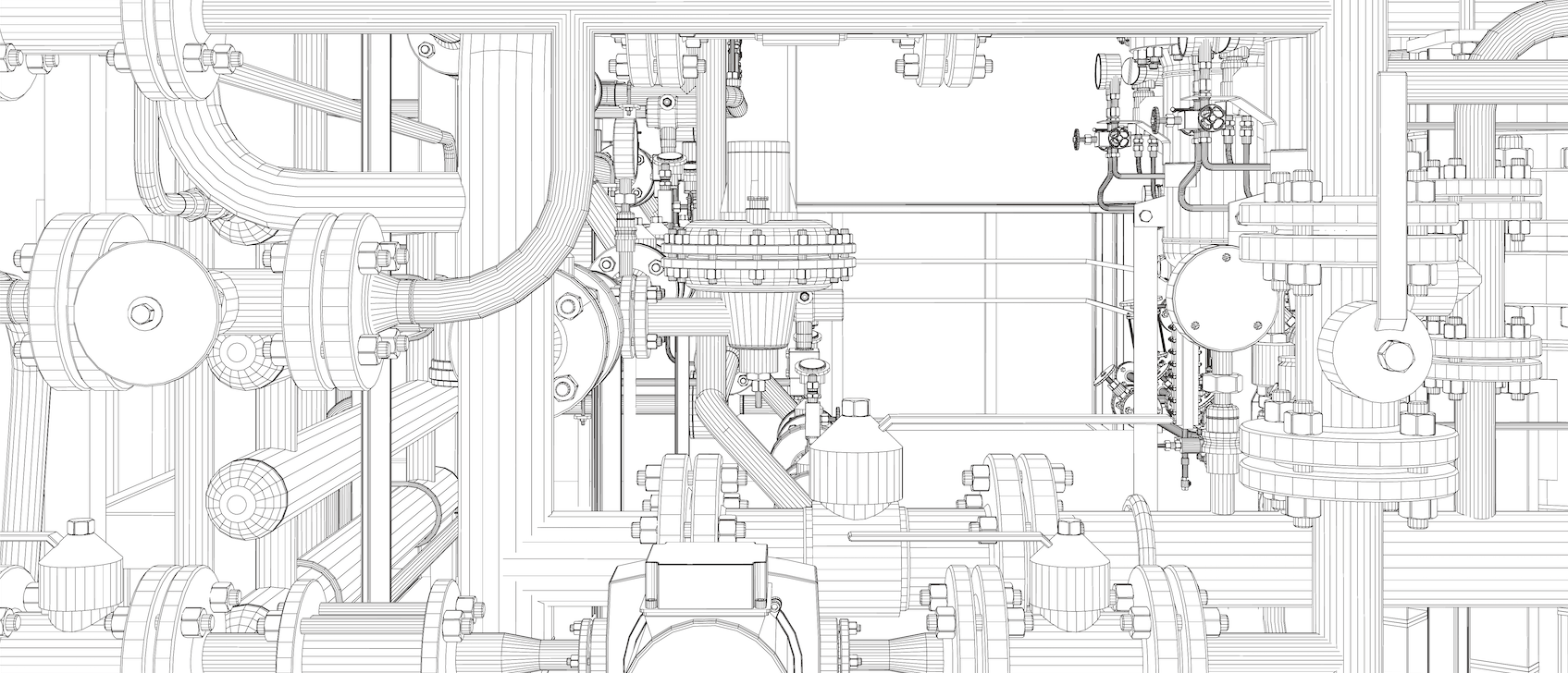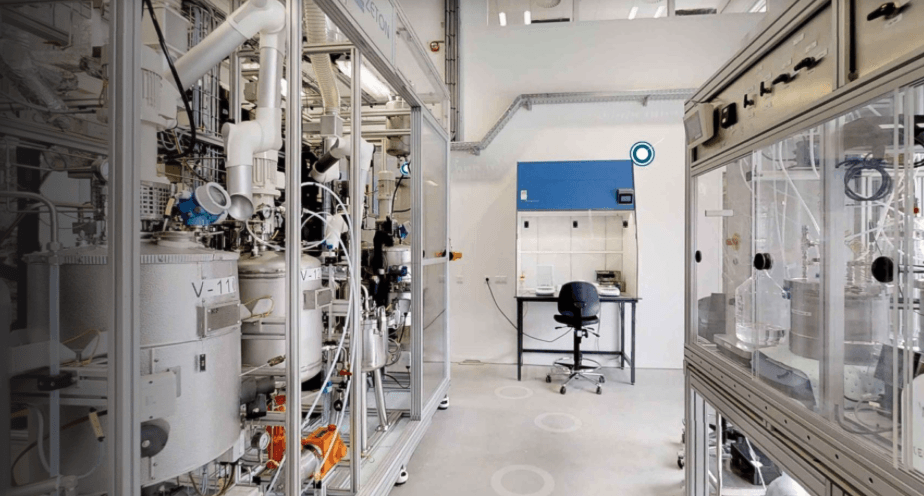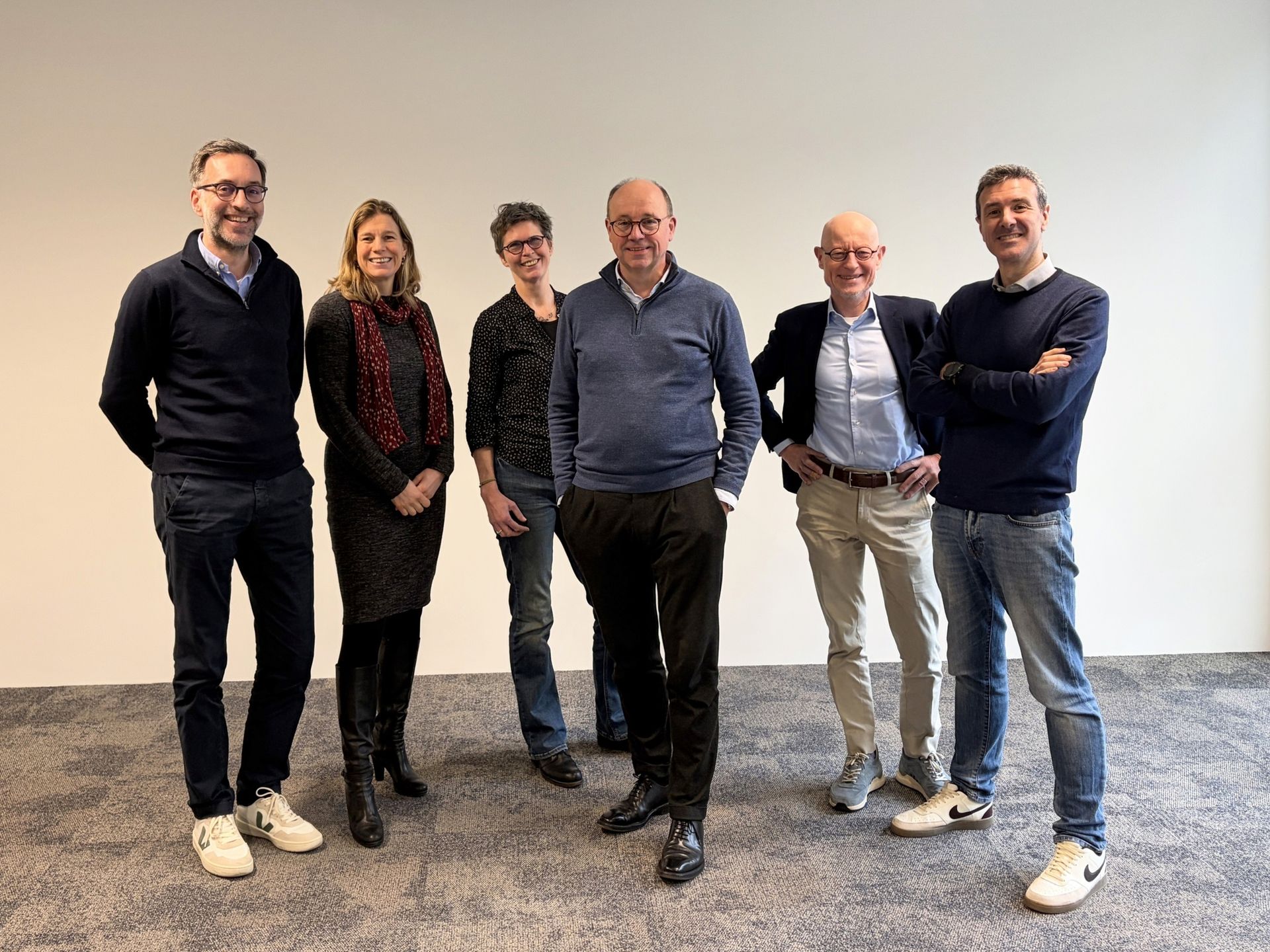BAroC: Bio-Aromatic Conceptual Factory
BAroC
Bio-Aromatic Conceptual Factory
Relement started in May 2021 with the creation of a conceptual process design of the best commercial production route to bio-aromatics MPA and HMA. This conceptual design will be made in a consortium with TNO, Stichting Circulair Biobased Delta and Catalok, funded by Topsector Energiesubsidie from the Dutch Ministery of Economic Affairs.
This concept of process design will provide information for the business case and should strengthen confidence among the customers of bio-aromatics and lead to purchasing intentions for bio-aromatics MPA and HMA. The conceptual design is an important Milestone for Relement and should enable to attract further investment for a follow-up to a first commercial functional bio-aromatic plant from 2025. When the bio-aromatics plant is realized, a large energy and CO2 saving is expected, a raw materials transition and an economic value that will greatly strengthen biobased chemistry in the Netherlands.
BAroC partners:
BAroC subcontractor:
Project Activities
In this BAroC project, the partners will go through in detail the status of the synthesis of functional bio-aromatics MPA and HMA from bio-based furfural. Together with engineerings company Transition Hero (as subcontractor of Relement), a technoeconomic and LCA analysis, based on mass- and energy balance and a simplified process description, will determine the selection of the best process route. The most critical process steps and missing information or critical process improvements are completed with literature research, possibly additional small-scale experiments and a recommendation for improvement. On this basis, the Concept Process Design for a first production plant for MPA and HMA is designed. BAroC will also realize an initial elaboration for REACH, CLD.
Result
The BAroC project delivers an optimized conceptual process design of a first commercial factory for bio-aromatics MPA and HMA, including a cost estimate for CAPEX and OPEX and CO2 intensity and a sensitivity analysis containing recommendations for further research into the realization of the commercial plant. Furthermore, attention is given to a step-by-step plan of the further commercialization process of bio-aromatics MPA and HMA, which can be applied in coatings and lubricants, among other things.
About Bio-aromatics
More than 40% of all necessary chemical building blocks are aromatics, so far they can only be made from fossil raw material. The BaroC project is relevant because bio-aromatics are used in high-quality products that are difficult to recycle such as coatings and lubricants; a logical application of biobased.
Bio-aromatic technology development, based on furfural, is initially developed by TNO in Biorizon Shared Research Centre. On a kilogram scale, it has been confirmed that bio-aromatics MPA and HMA improve the properties of coatings and lubricant. Because of that, TNO established spin-off company Relement that will further commercialise these bio-aromatics.
About Relement
Relement is a spin-off of TNO established in 2020 as a result of technology development in Biorizon Shared Research Centre. Relement converts biomass residues into high-quality chemical ingredients; bio aromatics. Aromatics are essential raw materials for coatings, adhesives, insulating foam and other high-quality applications. Aromatics are important chemical building blocks, needed today and in the future which can only be produced from fossil feedstock and are thus not sustainable.
Relement aims to replace current fossil aromatics with special bio-aromatics. These special bio-aromatics are not only much more durable, but above all of better quality: for example, paint becomes more resistant to sunlight and insulating foam becomes stronger. Relement is a company for the development, production and marketing of bio-aromatics.
If you want to know more about this Milestone or bio-aromatic technology implementation, please contact us
This project is made possible by a financial contribution from Topsector Energiesubsidie from the Dutch Ministery of Economic Affairs.
